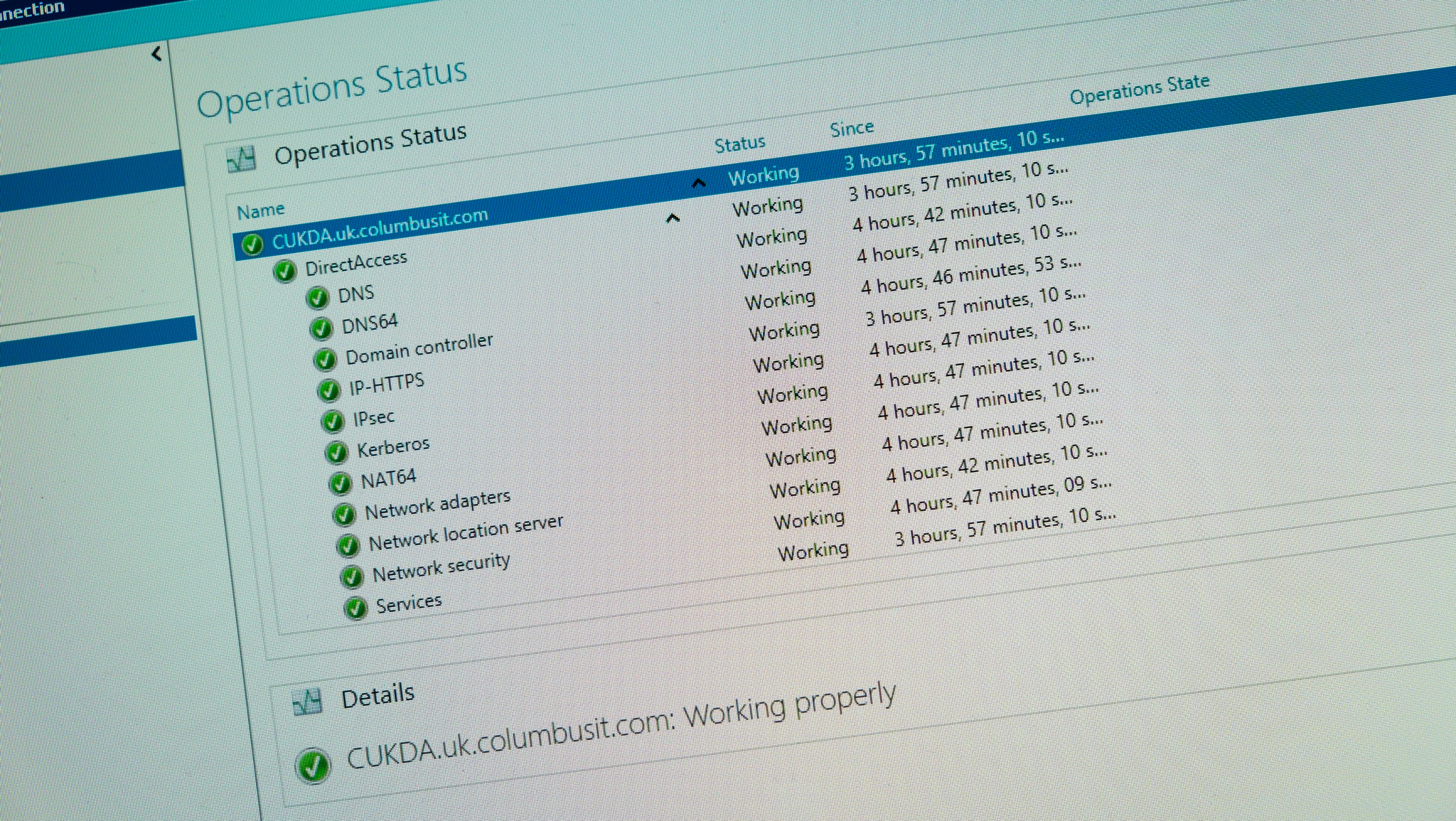 NEWS
NEWS
 NEWS
NEWS
 NEWS
NEWS
Following on from last month’s ever-so-slightly dictatorial announcement that new PCs will only support Windows 10 and not earlier versions of the OS, Microsoft has penned a somewhat peculiar blog post to say it will NOT be doing the same for Windows Server.
Back in January, Microsoft caused more than few nervous IT managers to recoil in horror when it said it would no longer be supporting Windows 7 and Windows 8 on new CPUs. That was, without doubt, a blatantly cynical move designed to push buyers of new hardware onto Windows 10, and it seems that many were worried that Microsoft would employ similar tactics with Windows Server too.
“Over the past several weeks, the Windows Server team has received a number of inquiries regarding certification and support for certain hardware platforms,” Microsoft said at the top of a blog post titled “Clarifying our hardware platform support“.
Luckily for them, Microsoft has deemed to follow a less autocratic strategy with regard to Windows Server, and so for the time being, nothing will change.
“Windows Server 2012 and 2012 R2 will transition to extended support on 1/10/2018,” Microsoft says in its post. “Per our policy we would allow new system submissions for Windows Server 2012 and 2012 R2 to continue up to this date, including the forthcoming Intel Xeon E3 (Skylake) family of processors.”
Basically what Microsoft is saying is that Windows Server users won’t be pushed onto new hardware any time soon, nor will new hardware buyers be forced to use Windows Server 2016 or Microsoft Azure.
IT pros will no doubt be breathing a heavy sigh of relief at Microsoft’s eminently sensible decision. It’s bad enough having to update a fleet of corporate PCs to a new operating system. But to tinker with a fleet of servers is extremely expensive and can result in downtime of several days if problems occur. In other words, it’s not something one would attempt lightly, and certainly not something IT admins would relish being forced into doing.
Microsoft’s reassurance is certainly most welcome in this case, but there’s no sign of an olive branch to casual PC users who would rather not upgrade to Windows 10.
Support our mission to keep content open and free by engaging with theCUBE community. Join theCUBE’s Alumni Trust Network, where technology leaders connect, share intelligence and create opportunities.
Founded by tech visionaries John Furrier and Dave Vellante, SiliconANGLE Media has built a dynamic ecosystem of industry-leading digital media brands that reach 15+ million elite tech professionals. Our new proprietary theCUBE AI Video Cloud is breaking ground in audience interaction, leveraging theCUBEai.com neural network to help technology companies make data-driven decisions and stay at the forefront of industry conversations.